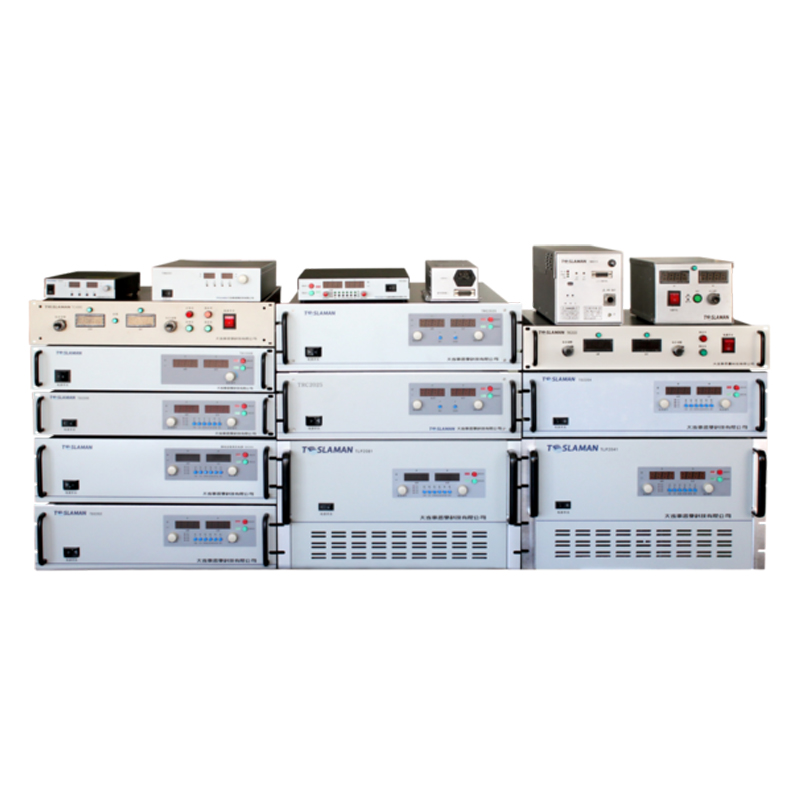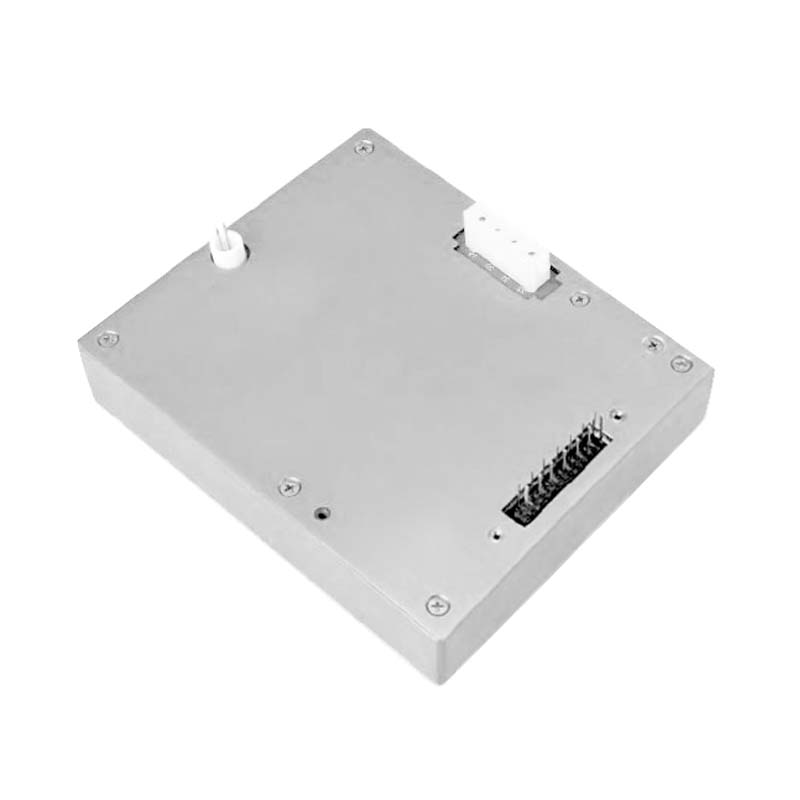Title: Application of High Voltage Power Supply in IGBT Testing
Introduction:
With the continuous development of power electronics technology, traditional power devices such as relays and thyristors are gradually being replaced by Insulated Gate Bipolar Transistors (IGBTs) for their high performance and efficiency. IGBTs are widely used in applications such as AC motor drives and power inverters, with their performance directly influencing system reliability and efficiency. In the development and production processes of IGBTs, testing is a crucial aspect, and the high voltage power supply plays a significant role in ensuring IGBT performance and stability.
I. Background and Importance of IGBT Testing
IGBTs, as semiconductor power switching devices, possess advantages such as simple structure, high efficiency, and strong controllability, making them prevalent in power electronics. In the production of IGBTs, rigorous testing is essential to ensure their performance aligns with design requirements. Among these tests, high voltage testing in static characteristic tests is crucial for verifying IGBT insulation strength and operational stability.
High voltage testing involves applying elevated voltages to simulate the working environment of IGBTs, ensuring their insulation performance. Given that IGBTs typically operate in high voltage environments ranging from hundreds to thousands of volts, high voltage testing is not only a production step but also a critical means to ensure the reliability of IGBTs.
II. Application of High Voltage Power Supply in IGBT Testing
1. **Insulation Strength Testing**:
Insulation strength refers to the ability of IGBTs to resist various interferences and shocks in specific operating voltages. The high voltage power supply plays a key role in insulation strength testing. By providing a stable voltage, the high voltage power supply allows for prolonged testing of IGBTs at high voltages, ensuring they do not fail due to voltage fluctuations or interference.
2. **Breakdown Voltage Testing**:
IGBTs may experience transient overvoltages during operation, necessitating breakdown voltage testing. The high voltage power supply gradually increases the voltage under controlled conditions until the IGBT experiences breakdown, determining its maximum withstandable voltage. This aids in assessing the stability and reliability of IGBTs in real working environments.
3. **Voltage Endurance Testing**:
Voltage endurance testing evaluates the ability of IGBTs to operate stably under high voltages for a specified duration. The high voltage power supply provides stable test conditions, allowing monitoring of the IGBT's performance under high voltage over an extended period. This is crucial for ensuring IGBTs can withstand prolonged exposure to high voltages in practical usage.
4. **Leakage Current Testing**:
Leakage current in IGBTs is a critical parameter, especially in high voltage environments. The high voltage power supply, by offering stable test conditions at different voltages, assists in accurately measuring the leakage current of IGBTs, evaluating their insulation performance under high voltage.
III. Performance Requirements of High Voltage Power Supply
In IGBT testing, the high voltage power supply must meet several performance requirements to ensure the accuracy and reliability of the tests:
1. **Stability**:
The high voltage power supply must provide a stable output voltage to ensure the accuracy of test results. Voltage fluctuations or instability could lead to test errors or even damage the tested IGBT.
2. **Accuracy**:
The output voltage of the high voltage power supply must closely match the set value to ensure the accuracy of testing. Particularly in breakdown voltage testing, precise output voltage is critical to reliable test results.
3. **Adjustability**:
Different IGBT models and specifications may require different voltage conditions during testing. The high voltage power supply needs to be adjustable to accommodate the testing requirements of various IGBT models.
4. **Safety**:
Given the high voltages involved in high voltage testing, the power supply must have robust safety features, including overvoltage protection and overcurrent protection, to prevent safety issues due to equipment failures.
5. **Reliability**:
As part of the testing equipment, the high voltage power supply's reliability directly impacts the overall reliability of the testing system. The power supply should exhibit high stability and durability to withstand prolonged high voltage testing environments.
Conclusion:
In the testing process of IGBTs, the application of a high voltage power supply is a critical step in ensuring accurate and reliable test results. Thorough and systematic high voltage testing allows for a comprehensive assessment of IGBT performance under real working conditions, providing strong support for their stable operation in power electronics applications. Therefore, in the research and production of power electronic devices, careful attention should be given to the selection and use of high voltage power supplies to ensure the reliability of testing and the accuracy of results.




















